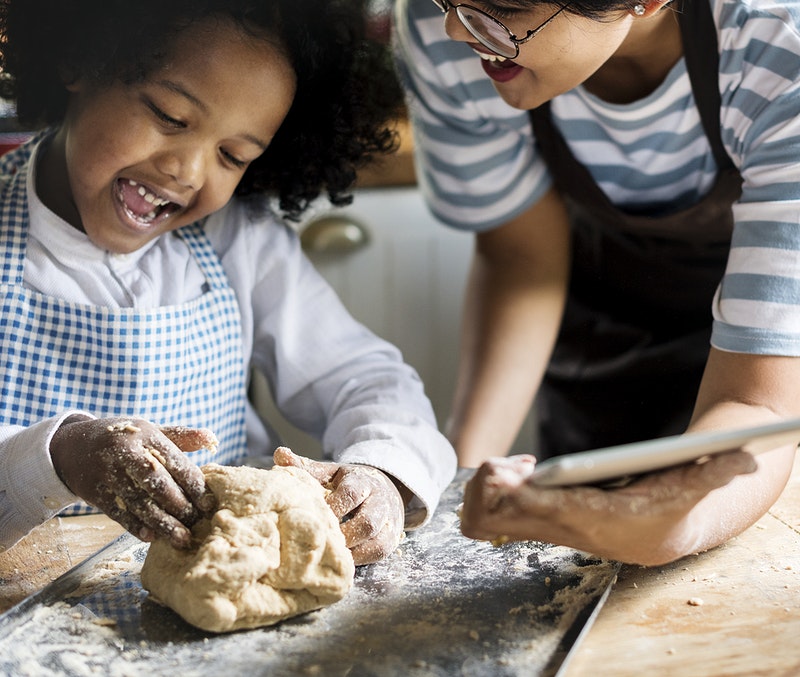October 31, 2021
Each day, in our farm education program at Paradise Farm in West Bend, WI, every person (adult and child) is given the task of a morning chore. It might be to muck out the sheep and goat pen, to harvest and chop vegetables for our soup, to turn the compost, to haul some firewood, or to plant some seeds.
Sometimes parents good-naturedly grumble about having to do chores at the farm. And sometimes they kid me that we just have them and their children come to do our work for us. “We paid money to do WORK?!”
But I just grin and give them another chore. Why?
Because real physical work is grounding. And because it helps us function as a team. And because it integrates children’s (and adults’) senses in a way that nothing else in modern life seems to do. In earlier times, when people did most of their daily maintenance chores without labor-saving devices or technology, our bodily capacities were naturally strengthened and supported without us paying much attention to them.
Nancy Blanning, an early childhood educator with a special interest in movement who has been working with young children in Waldorf settings for nearly 40 years, writes:
“Many children today exhibit sensory integration dysfunction. This is a phrase which essentially means that seeing, hearing, touching, balance, and movement of the body are out of sync. These senses should support each other for effective and efficient experiencing of the world and responding to it. This is a fairly new phenomenon, first described in the 1960s. Our modern lives are busy, and parents want to spend quality time with their children. In some ways, we have been lured into thinking this can be accomplished best through recreational activities. And there is certainly a place for this! Yet being engaged in purposeful work gives more intention to how we spend our time together.
“A sense of accomplishment arises when something is done which serves human life and the earth, really no matter how small or ordinary it seems. True self esteem arises out of the experience of doing something with a concrete result, not out of being praised. People doing tasks together also creates social bonds without the intention of ‘bonding.’ Working together gives natural opportunity for conversation without the intention of conversing as a goal in itself. It can just happen while people are engaged together. Incredible moments of unexpected closeness between parent and child can be born in this ordinary way of being together.”
You don’t need to have farm animals to enjoy practical work together as a family! Common household tasks such as sweeping, dishwashing, laundry sorting and folding, raking, gardening, cooking and making the bed offer more than simply a clean and tidy house (although, who doesn’t want that?!) While we are engaging in these tasks, we are benefiting from the age old tradition of shared work, integrating our senses and moving our bodies in the ways they were intended to move.
Blessings on your work!

Mary O’Connell
